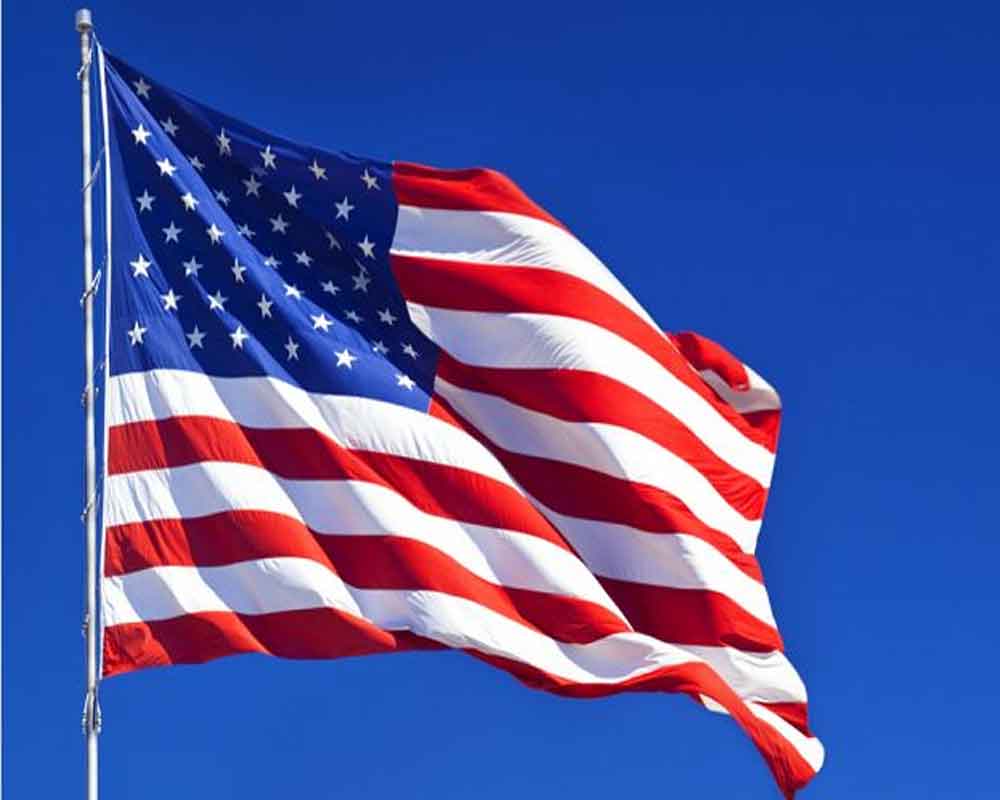The US has indicated that it may take final decision on withdrawal of incentives to Indian exporters under its Generalized System of Preferences (GSP) programme only after formation of the new government here, sources said.
In March, the US Trade Representative's Office has said that removing India from the GSP programme would not take effect for at least 60 days after notifications to Congress and the Indian government, and it will be enacted by a presidential proclamation.
The sources said in a meeting, the US has signalled that they would like to wait on the GSP issue till the new government assumes office in India.
Although India has stated that withdrawal of these duty benefits under GSP will not impact its exports to the US, small exporters have asked for continuation of the programme.
A group of 25 influential American lawmakers has urged the US Trade Representative not to terminate the GSP programme with India after the expiry of the 60-day notice, saying the country's companies seeking to expand their exports to India could be affected.
The seven-phase general elections in India will complete on may 19 and the counting of votes will take place on May 23.
India has said that the GSP benefits were only about USD 190 million annually. The country exported goods worth USD 5.6 billion under GSP last year.
The GSP benefits are envisaged as non-reciprocal and non-discriminatory to be extended by developed countries to developing economies.
US President Donald Trump has said he intends to end the preferential trade status granted to India and Turkey, asserting that New Delhi has failed to assure America of "equitable and reasonable" access to its markets, an announcement that could be seen as a major setback to bilateral trade ties.
In April 2018, the US initiated a review of the GSP benefits on account of representations by dairy and medical industries.
As many as 3,700 products get GSP benefits but India exports only 1,900 items such as chemicals and engineering under that concession, which was introduced in 1976 by the US.
During a meeting between visiting US Commerce Secretary Wilbur Ross and Commerce Minister Suresh Prabhu Monday, both the countries discussed various issues, including India's draft e-commerce policy, data localisation, tight visa regime in the US, high import duties imposed by America on steel and aluminium.
The other matters which were discussed between the leaders include US concerns on medical devices, personal data protection bill of India, RBI's public credit registry, data localisation for payment companies, visa issue, airport ground handling operations by US Airlines, IPR and airline passenger safety system/data.
In this meeting, Indian side has agreed to look into the issues of medical devices sector.
Further, the US companies have raised concerns over India's draft e-commerce policy and issues related with mandatory data localisation requirements.
Bilateral trade in goods and services has registered a 12.6 per cent rise to USD 142 billion in 2018, compared to USD 126 billion in 2017.


























